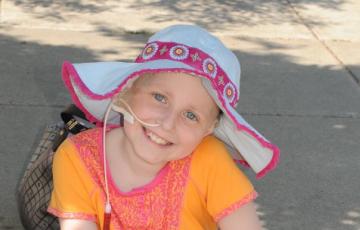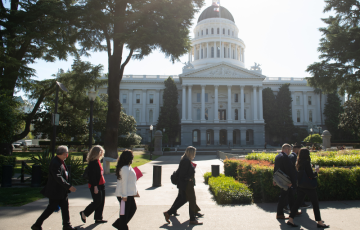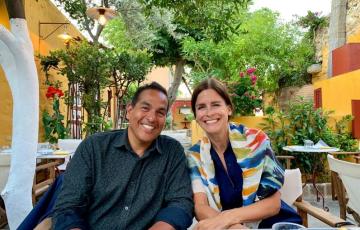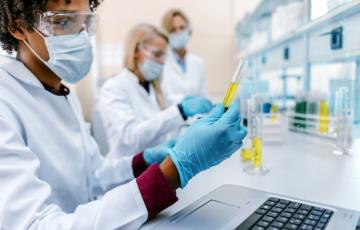Search Results
Pegfilgrastim
Pegfilgrastim is FDA approved to

Healing Happens Around The Dinner Table
Too many parents lose their children to blood cancer each year. It’s a devastating experience for families blindsided by the harsh realities of cancer treatment that wasn’t developed with their little ones in mind. These lives lost too soon are the reason parents of children touched by blood cancer advocate fervently for change. And it’s a cause their communities and loved ones are more than happy to join—developing better treatment options that are safer and more effective for children, causing fewer side effects and leading to better outcomes.
How Celebrating My 18th Birthday in the Hospital Changed My Perspective
Marlee’s story of courage, inspiration and giving back.
My name is Marlee Pincus and I have cancer. I never in a million years thought I would say those words. Growing up, I never had any medical issues nor a significant family history of cancer. In high school I loved to run, advocate for human rights, and learn Spanish. However, my greatest focus was always on my academics. I graduated Salutatorian of my class and was eager to begin my freshman year at Cornell University.
Mitomycin
Mitomycin is FDA approved to treat people who have advanced adenocarcinoma of the stomach or pancreas in combination with other approved chemotherapeutic agents and as palliative treatment when other treatments have failed. This medication is sometimes prescribed for other uses such as bladder and lung cancer. Mitomycin sometimes causes a temporary loss of hair. After treatment has ended, normal hair growth should return.
Bendamustine hydrochloride
Bendamustine hydrochloride is FDA approved to treat people who have:
- Chronic lymphocytic leukemia (CLL). Efficacy relative to first line therapies other than chlorambucil has not been established.
- Indolent B-cell non-Hodgkin lymphoma (NHL) that has progressed during or within six months of treatment with rituximab or a rituximab-containing regimen.

Patients' Medical Histories Shouldn't Determine Whether They're Insurable
All patients deserve access to quality, affordable health plans. Fortunately, most insurance cannot use patients' pre-existing conditions against them. But these protections don't exist for Medicare Supplement Insurance, known as Medigap. In fact, Medigap is one of the only types of health coverage that can charge patients more, or deny them coverage, due to their age or health status.
LLS is advocating for policies that would allow patients to enroll in Medigap—without paying higher rates—regardless of their health or age.

